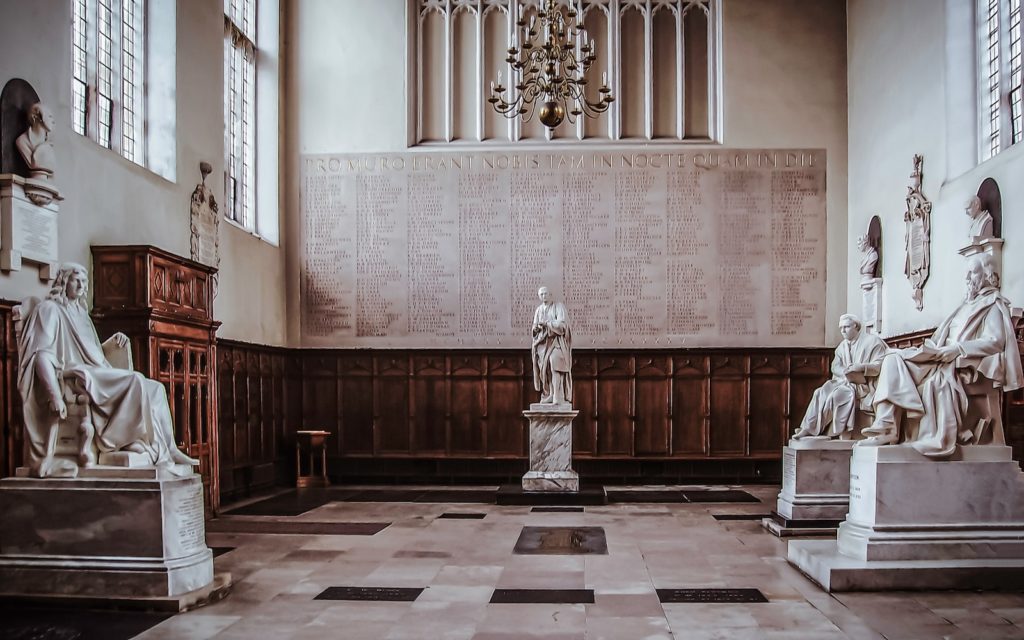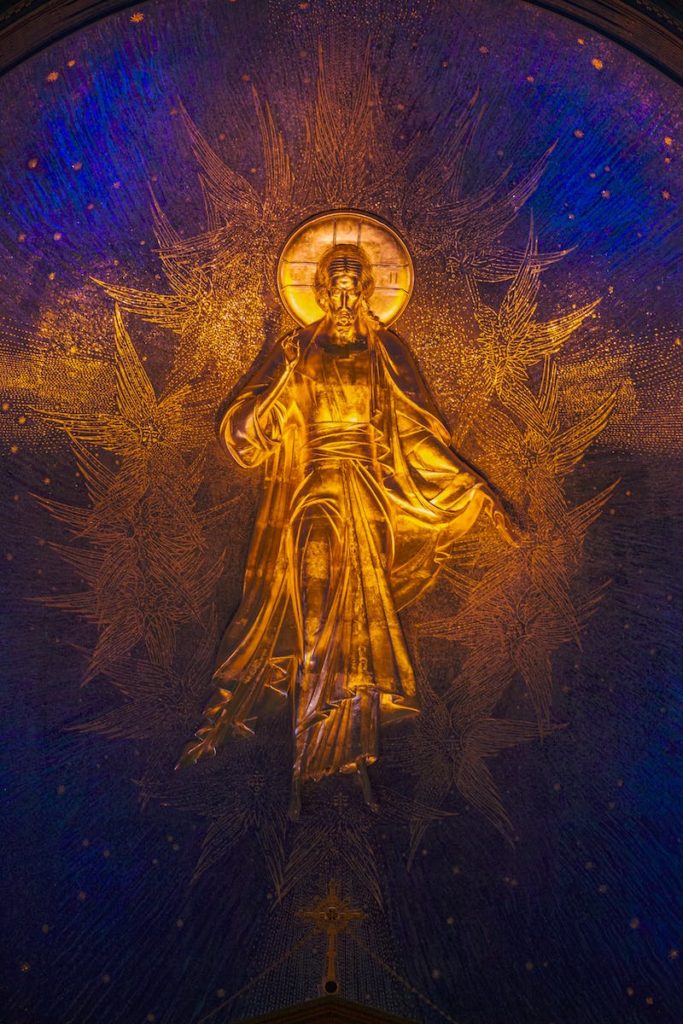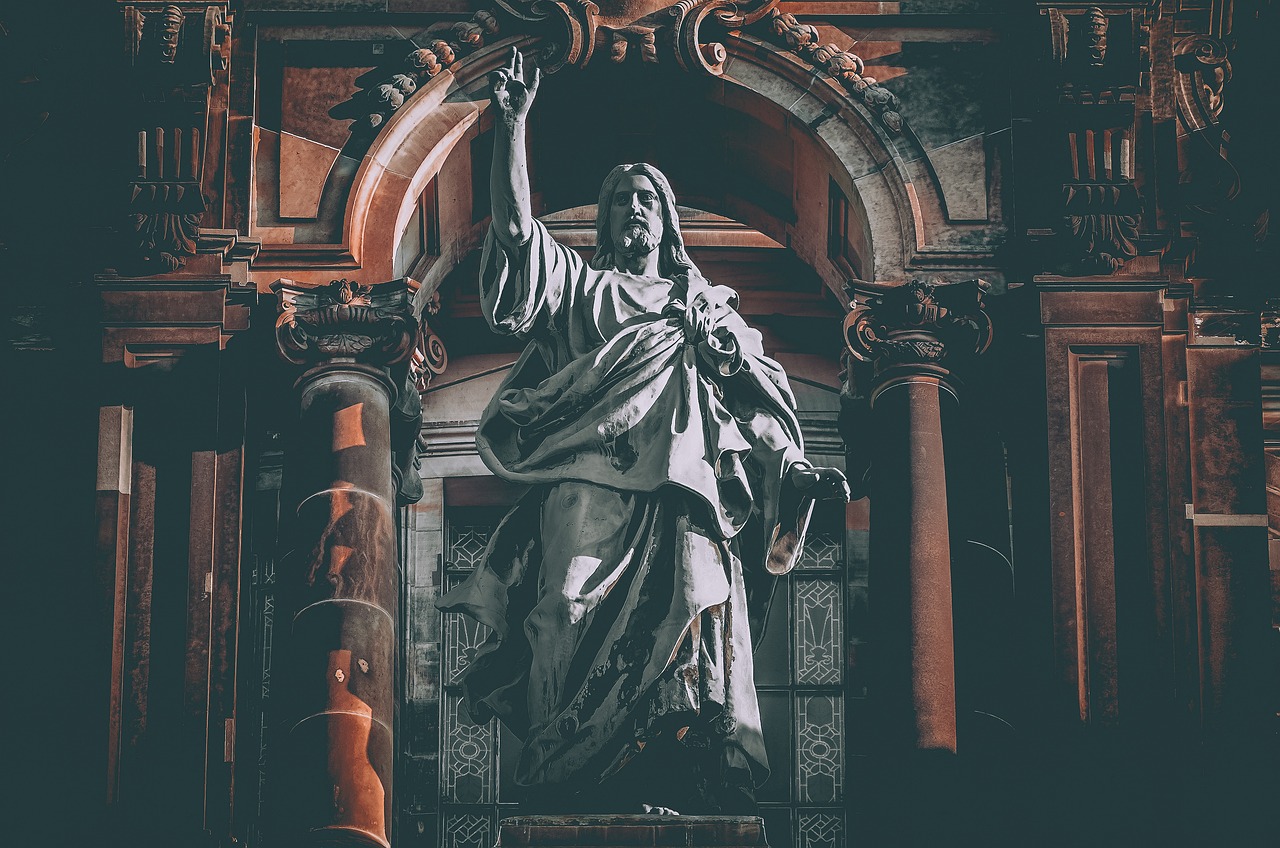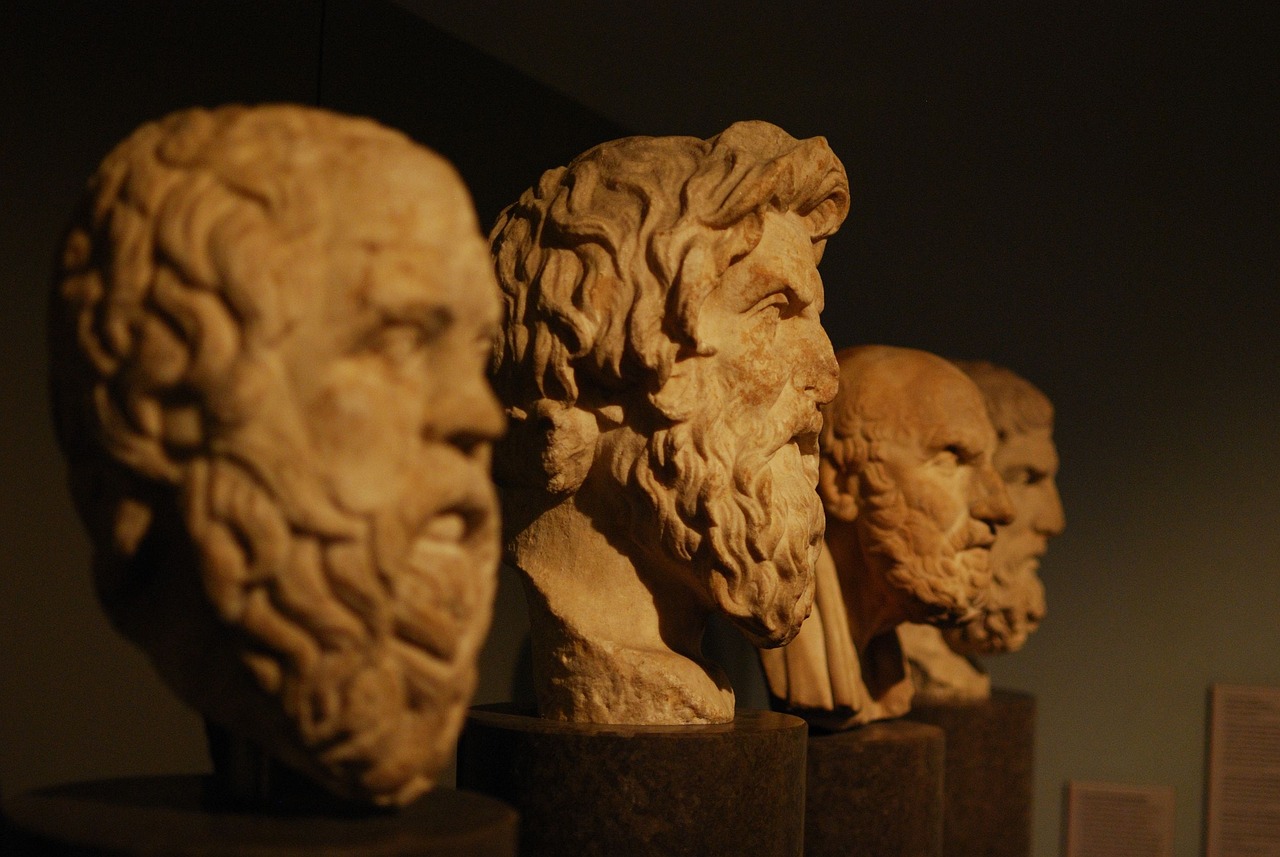logosandscepticism
LOGOS AND SCEPTICISM

“The Uncreated One projected Reason and Life. Reason is for the glory of the Ineffable One, Life is for the glory of Peace, while man is for his own glory, and Church is for the glory of Truth.”
“The Will of the Father is this: always produce and bear fruit.”
– (“A Valentinian Exposition” from the Nag Hammadi collection) It could have been written by Valentinus himself.
It is taken for granted today that religion and scepticism are opposites. Scepticism is generally considered to be antagonistic to religion, with religion ever remaining willfully ignorant of scepticism outside blind disbelieving anything contrary to what is believed. However, Christianity was originally a very scientific and philosophical religion that connected some of the astrological concepts of older, more superstitious cults with erudite metaphors in psychology and neuroscience (Pagels 1992; Pryse 1914). It was the most powerful philosophical outlook on life for anyone. It empowered common people, while revealing esoteric secrets openly, the crime Christ indulged in gleefully and for which early Christians were most persecuted.

SECRETS CANNOT BE PUBLIC
From an elitist perspective, this philosophical religion needed to be managed and slowly strangled, the mission of the Roman Church since inception. The earliest missions upon establishment of this Roman Church were centred around the total extinction of gnostics. They then, of course, wrote spurious lies about these victims, demonising them by associating unrelated groups. They killed off these elders and learned men for heterodoxy, and then lied about them. This is perfectly aligned with their later behaviour. They destroyed the Valentinians, whose founder claimed to be taught directly by a student of Paulus. Who lied here? The early Roman Church or their victims? Many modern Christians might claim both, and I heartily disagree with this reactionary position. Valentinus was nearly pope, so what actually happened? What is to be done with the uncovered texts of Valentinus? Are they not an intrinsic part of the earliest church history?
I would suggest one need not look any further than the earliest enemies of the Roman Church to discover the first truths of Christianity. That would be the gnostics and nobody else. Misunderstanding exists at gnosis, which is simply knowledge of things in truth, so that a gnostic just meant “learned” and was originally a general term given to anybody in the church who had a degree of gnosis. So the original “cleansing” of the early church of the “gnostics” meant leaving nobody but the ignorant among the ranks. This was done in order to centralise power and curtail any heterodoxy that pulled people away from those practices determined to be best for the purposes of papal power: including ease of conversions and further burying of the esoteric truths that provide power to the suffering masses. These are all the words in the epistles and gospels themselves, and further confirmed by the esoteric reading of exoteric verses.

The alternative scenario is that the early Roman Church was the defender of what was right by dispatching philosophical and God-fearing men who believed in understanding through Godly Reason and discourse. If Irenaeus, and the other surviving critical sources, faithfully conveyed the beliefs of Valentinus and the Valentinians, what was the point of destroying all the writing of Valentinus? Irenaeus himself believed the Christ died at an age past 50, making him a heretic as well.
I would remind my brothers and sisters reading this that Paulus was a very humble man, an admitted servant to all. If he could converse with Christ in his own mind, being in constant prayer as he was, what might be stopping any Christian? Would humble Paulus believe this outside the reach of anyone else? By Paulus’s own humble report, could anybody believe him to have been so egotistical? No. The simple truth is the most important elements of original Christianity were almost completely blotted from memory.
LOGOS; PAULUS’S CHRISTUS
God is the Greatest Mind of the Universe, original NOUS, and the source of our own, so that His Reason can be ours, and His gifts can benefit us. Highest among these gifts is LOGOS. NOUS’s LOGOS is how all was created, so that all was created in Reason, for Reason; LOGOS is the Reason and means of creation. So it is that alignment with God’s Reason, is to turn oneself over to the creative purpose of God and become a part of His creation, that is a non-abomination. The original sin is in ignorance through conceit, amnesis, which is founded upon a basic misidentification of the self. To become aligned with God’s purpose through LOGOS is to honour Him in the highest. The primary path to GNOSIS, and in approaching NOUS, is LOGOS, discourse in Reason.


Having faith in LOGOS, is having faith in nothing else. This is why “faith alone” was the singular requirement in original Paulian gnostic thought. Faith in anything else, including “good works,” was faith misplaced and meant that LOGOS was not being served. LOGOS must be recognised because it is the path to highest Good, which is to say Reason governs all and is the “King of kings,” i.e., ‘He who governs those who govern.’ In this case, however, it implies Godly monarchs, or people who are completely free, making its actual meaning ‘He who does Good to those who do Good.’
FREEDOM, GOOD, ERROR, AND GRACE
Loose and physical definitions of liberties are as nothing compared to immanent and complete freedom. This freedom may exist no matter the control a person lacks over external aspects of life. There is absolute and complete freedom in singular faith devoted to LOGOS, discourse. Discourse enables greater and more accurate conceptions of Good, according to the basic definition of complete freedom as previously elaborated in 24K Journal (Roe 2023a). The greatest freedom can only be achieved in this manner because error continues without it. This is the ideal grace. Absolving sin through logic, correcting error for the soul, improving knowledge for the benefit of man, and progressing science to benefit the love of wisdom are all the same thing.
THE DISCOURSE
Since there are far too many individuated paths toward progressive Good for any books to contain, the best plan for increased freedoms must entail a mastery of discourse. It is therefore absolutely true that faith in LOGOS cannot be misplaced. Discourse may not provide all potential answers in the moment, though it will always provide better answers than without it, most certainly for the individual if not always best applied in organisations and communities. Application of LOGOS in the life of the individual is a comparatively simple affair, however LOGOS on the level of community is a necessary complication. This means everyone, in communities that would be healthy, should be trained in the Godly discourse from a young age and practise this discourse throughout life.
SCEPTICISM AS ADVANCED LOGOS
The healthiest scepticism is natively built into LOGOS. There can be nothing more valid than LOGOS since it encapsulates all the most valid information and evidence in itself. It is vitally important that people not simply believe what they are told, but approach all things with a mind focused squarely upon ultimate truths. A person cannot serve two masters, however openness and guardedness need not be mutually exclusive. The mind of an initiate does not falter in cowardice, nor is it turned aside through absolutism. The onset of corruption is attended by delusion and greed, just as the onset of ethics is attended by prudence and conservation (Roe 2023b). Willpower cannot be lacking in those who know justice and courage.

VIRTUES

The first virtue of magnanimity underlies the rest, but cannot be achieved without understanding the self and true purpose. Self and true purpose are alien factors to anyone without community. There is actual understanding of self only within contexts of community. Thi s is a terrible yet awesome and necessary truth. A person consists partly of their contexts. Culture must procreate, as a complex of simpler memes, and this occurs best within the contexts of the individual united to community, which is to say their cultural artifacts and traditions. So then it becomes a self-perpetuating factor, of virtues attending healthy society toward greater opportunities for evermore virtues. This only happens with a great multitude of shared traditions and commonality. The signal gets lost without common enough cultural cues for reception. Tribalism is caked into the human material and is part of cultural cues. More apparent tribalism, divisiveness, and materialism lead to truculent displays of hatreds. Alienness and feeling alien make people more withdrawn and alienated, so drawn toward their baser urges. This has a tendency to disable spiritual progression and disconnect Reason. The promotion of more hatreds and greater division in societies is very valuable to greedy corporatists but it is hell for the purposes of societal functionality.
COMMUNITY POWER
The truth of LOGOS necessity is evidenced by the impossibility of legitimate power outside community. Without the discourse in LOGOS how can there be Reason? If there is no Reason, then how can community be protected from corruption? Every purported power outside community is based in some manipulated abstraction of communal powers, the most obvious of which being money. This inevitably leads to resource extraction, where large faceless and international corporations have vampired whole nations, from within the communities. The only means of any power remaining legitimate is by Reason, LOGOS, through the discourse. In other words, LOGOS is the ruler of rulers.

SUMMARY
The reunification of Christianity and LOGOS, as properly understood, is inevitable. It has waited too long. This can occur immediately, with the opening of eyes to its validity. It begins in the reestablishment of the discourse, not merely in our religion but in the sciences and philosophy as well. LOGOS has been detached from all its children, and so restoration starts everywhere at once. Many are already advanced down its path, but remain unrecognised and unsure due to humility. This must change. Pride in LOGOS is nothing to be ashamed of, as the thing most distant from personal haughtiness. Only discourse absolves error, Reason expands knowledge, and through LOGOS sin is forgiven.
REFERENCES
Pagels, E. (1975; 1992). The Gnostic Paul: Gnostic Exegesis of the Pauline Letters 2nd edition 1992: Trinity Press International.
Pryse, J. M. (1914). The Restored New Testament 4th edition.
Roe, M. A. (2023a). Complete Freedom series. 24K Journal of Virtues Science.
Roe, M. A. (2023b). Resurrexit Spiritus series. 24K Journal of Virtues Science.

